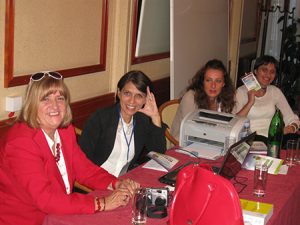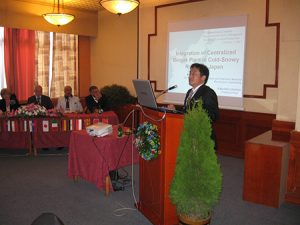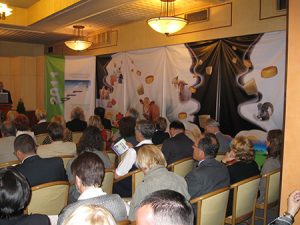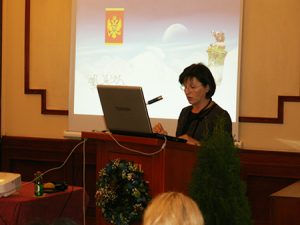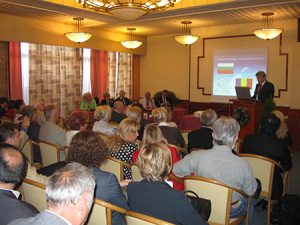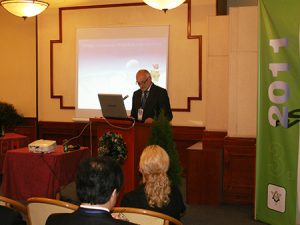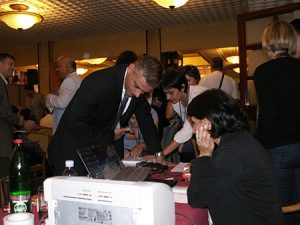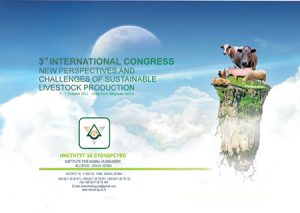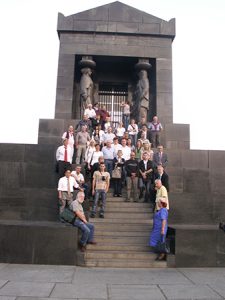Congress organizer: Institute for Animal Husbandry, Belgrade-Zemun
Co-organizer: Ministry of Education and Science of the Republic of Serbia
The goal of the Congress is the exchange of new knowledge, scientific results and research, comparison with world research in terms of scientific achievements, application of results in practice, cooperation with related scientific institutions, new biotechnology in genetics and selection, nutrition, physiology, reproduction (gene mapping, new products , drugs, enzymes, hormones, environmental protection, product quality, animal welfare, etc.).
The traditional international congress covered the following thematic areas: domestic animal breeding system, production technology and product quality, animal welfare and health care, and alternative production in animal husbandry.
The congress was opened by Dr. Miloš Lukić, director of the Institute and president of the Organizing Committee, prof. Dr. Nada Dragović, Assistant Minister, Ministry of Education and Science, Republic of Serbia, prof. Dr. Martin Waehner, President of the International Scientific Committee.
Based on the submitted abstracts and reports, the works of scientists and researchers from 19 countries in Europe and the world were selected and presented – GERMANY, ITALY, POLAND, SLOVAKIA, BULGARIA, EGYPT, SLOVENIA, CROATIA, HUNGARY, LITHUANIA, ROMANIA, MACEDONIA, ALBANIA, MONTENEGRO, BOSNIA AND HERZEGOVINA, JAPAN, CHINA, INDONESIA, as well as over 50 experts from reputable research and educational institutions of Serbia – AGRICULTURAL FACULTIES BELGRADE, NOVI SAD AND PRISTINA, FACULTY OF VETERINARY MEDICINE, SCIENTIFIC INSTITUTES OF VETERINARY SCIENCES IN BELGRADE AND NOVI SAD, INSTITUTE OF FORAGE PLANTS, KRUSEVAC, FACULTY OF AGRONOMY, ČACAK, etc. Total number of participants 155 (115 from Serbia and 40 from abroad), number of participants with papers published in the Proceedings 175 (115 from Serbia and 61 from abroad). During the congress, a total of 176 papers were presented, within 6 sections, where the papers were presented orally and in the poster section. The congress was attended by a large number of researchers, which indicates the topicality of the treated issues, the exhibited works reflect the latest trends in animal husbandry in different climatic and economic conditions around the world; the previous cooperation was strengthened and new contacts established with individuals and institutions in the field of animal husbandry, as well as an agreement on joint applications for international projects.
All the papers presented at the congress are published in the Proceedings, or Biotechnology In Animal Husbandry,Vol (27), Issue 3, Book 1, 2

